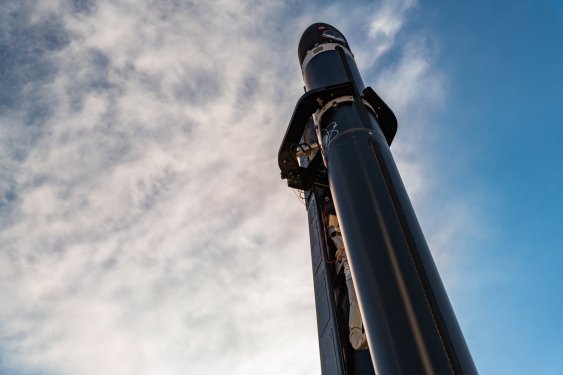As the space industry continues to evolve, companies are taking calculated risks and making strategic decisions about their next-generation launch vehicles. Rocket Lab’s CEO, Peter Beck, recently provided insights into the company’s approach to launching its Neutron vehicle, highlighting the importance of technical maturity and market demand.
A Lesson Learned from Electron
Rocket Lab has already experienced the challenges of launching a new rocket. The company’s first rocket, Electron, faced numerous setbacks before its successful commercial flight in 2018. According to Beck, this experience taught Rocket Lab a valuable lesson about the importance of technical maturity and market demand.
"We carried some of that introductory pricing on for years," Beck said during a third-quarter earnings call. "For years, we had some really bad missions… I just don’t want to go down that road again."
Avoiding the Introductory Pricing Trap
Beck emphasized the risks associated with signing launch contracts too early in the development process. When Electron was unproven, Rocket Lab offered low introductory pricing to secure customers. However, this approach came at a cost, as Beck noted: "Any launch contract that you can sign is basically worthless until a vehicle is proven and flying."
By waiting until Neutron reaches technical maturity, Rocket Lab aims to avoid the pitfalls of early adoption and capture higher-value launches. As Beck explained: "I would much rather arrive at the market with something that works, that commands a premium, then fill my manifest up with a whole bunch of low-value launches now."
Demand Outlook for Neutron
The demand outlook for Neutron is promising, according to Rocket Lab’s CEO. Potential customers are seeking larger batches of launches to support their constellation programs. However, Beck noted that there is also a risk associated with signing too many contracts before the vehicle has proven itself.
"If their satellites are delayed, there’s a massive committed manifest that can’t fly," Beck said. "That’s not a happy situation either."
Neutron on Track for 2024
Despite these challenges, Rocket Lab remains confident in its ability to deliver Neutron by the end of 2024. As Beck stated: "We’ll have Neutron on the pad by the end of next year." This timeline suggests that Rocket Lab is taking a cautious approach to ensure that its new launch vehicle meets the required standards before signing contracts with customers.
Conclusion
Rocket Lab’s decision to wait until Neutron reaches technical maturity reflects the company’s commitment to delivering high-quality launches. By avoiding the introductory pricing trap and focusing on market demand, Rocket Lab aims to establish itself as a leader in the space industry. As the market continues to evolve, it will be interesting to see how Rocket Lab’s approach impacts its competitiveness and success.
Recommendations for Other Space Companies
- Prioritize Technical Maturity: Emphasize the importance of technical maturity before signing launch contracts with customers.
- Assess Market Demand: Understand market demand and customer needs before committing to large-scale production.
- Avoid Early Adoption Pitfalls: Be cautious when adopting new technologies or business models, as they can come with significant risks.
By following these recommendations, space companies can reduce their risk exposure and increase their chances of success in the competitive launch services market.
Related News
- Rocket Lab’s Electron rocket: Learn more
- Neutron launch vehicle: Learn more
- Space industry trends: Stay up-to-date



